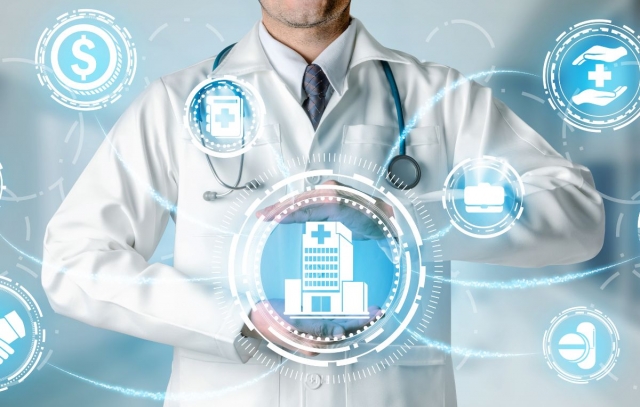The landscape of healthcare is undergoing a profound transformation, driven by rapid advancements in technology. These innovations are not just enhancing the efficiency of healthcare delivery; they are fundamentally altering the way we approach patient care, diagnostics, and treatment options, promising a future where healthcare is more accessible, personalized, and effective.
Telehealth has emerged as a beacon of innovation, expanding access to healthcare services for people in remote or underserved areas. This technology allows patients to consult with healthcare providers via digital platforms, reducing the need for physical visits. The success of telehealth is largely attributed to intuitive user interfaces that facilitate easy communication between patients and doctors, exemplifying the critical role of technology in bridging the distance between them.
In the realm of diagnostics, artificial intelligence (AI) and machine learning are breaking new ground. These technologies enhance the accuracy of diagnostic processes, enabling early detection of diseases which is crucial for effective treatment. The seamless integration of AI with diagnostic tools demonstrates the importance of intuitive interfaces that allow healthcare professionals to leverage these advanced technologies efficiently.
Robotic surgery represents another frontier where technology is reshaping healthcare. Surgeons are now equipped with robotic systems that enhance surgical precision, reduce the risk of infection, and shorten recovery times for patients. The interfaces of these robotic systems are a testament to the sophistication of modern technology, enabling surgeons to perform complex procedures with unparalleled accuracy.
The concept of smart hospitals illustrates the potential of technology to improve patient care. These hospitals integrate various technologies to create a connected ecosystem that optimizes healthcare delivery. Central to this integration are advanced interfaces that ensure healthcare professionals can access and analyze patient data effectively, making informed decisions that enhance patient outcomes.
Wearable technology and personal health apps are empowering individuals to take charge of their own health. These tools monitor vital health metrics and provide personalized insights, encouraging users to maintain healthy lifestyles. The success of these technologies is predicated on their ability to engage users through user-friendly interfaces, underscoring the significance of design in healthcare technology.
As we look to the future, the integration of technology in healthcare, especially through strategic innovations like HMI solutions, is poised to continue driving significant improvements in how healthcare is delivered and experienced. These technologies offer the promise of a healthcare system that is more efficient, accessible, and tailored to the individual needs of each patient.
The journey towards a technologically advanced healthcare system is marked by continuous innovation and improvement. The integration of HMI solutions in healthcare is a testament to the industry's commitment to leveraging technology to enhance patient care, improve diagnostic accuracy, and streamline healthcare delivery. As we continue to navigate this evolving landscape, the potential of technology to transform healthcare remains boundless, offering a glimpse into a future where healthcare is more connected, intuitive, and patient-centric than ever before.






